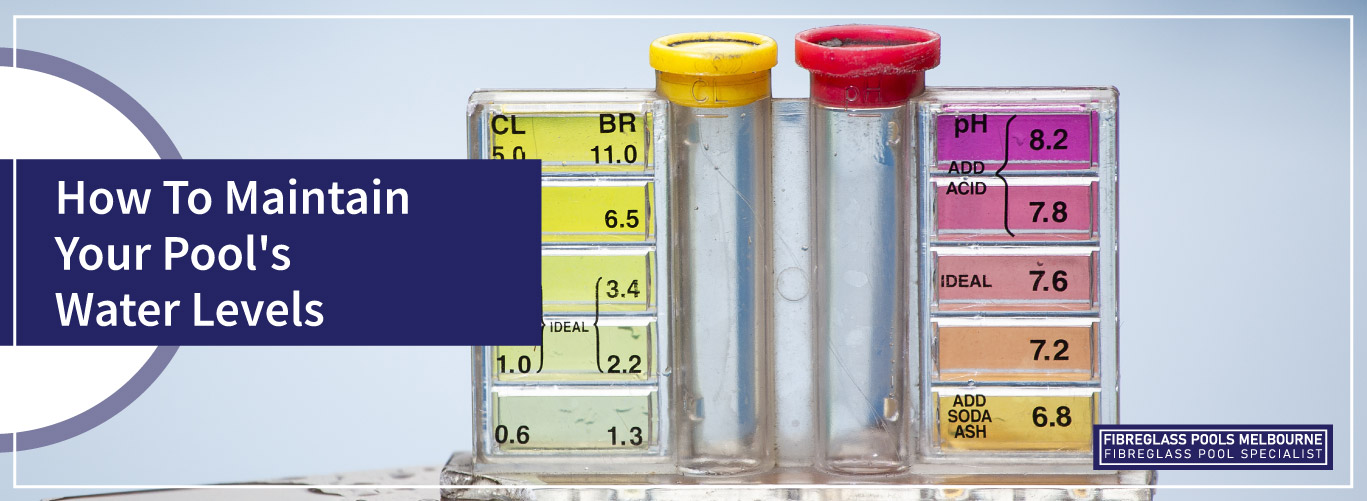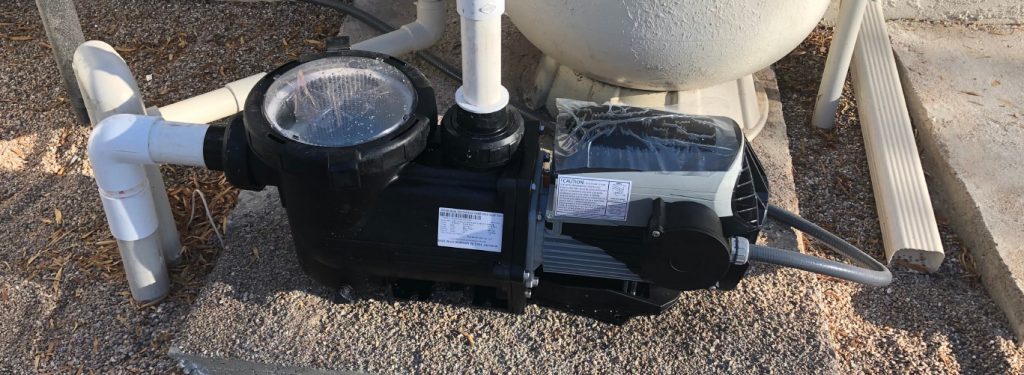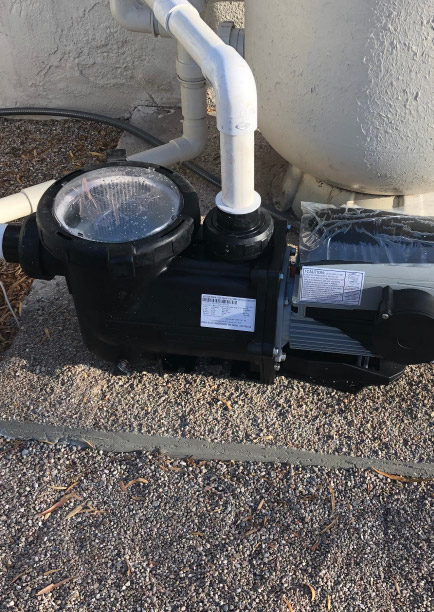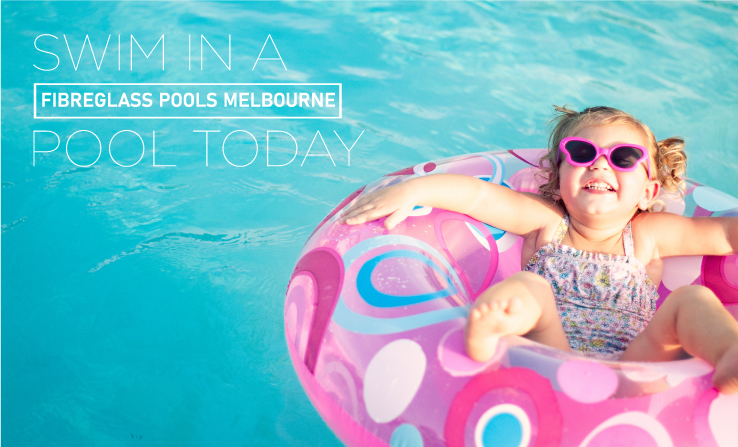How to Maintain Your Pool's Water Levels
Maintaining your pool’s water levels is an essential part of pool upkeep that ensures the longevity of your pool and the safety of those who use it. What many people don't understand is the importance that water levels play, water is the lifeblood of any pool. Without the right level of water, your pool’s filtration system cannot work effectively, leading to a host of problems from unclean water to potential damage to your pool’s pump system.

Understanding Water Levels
To effectively maintain your pool’s water level, it is important to understand the correct level. Generally, the water level should be maintained at the centre level of your pool skimmer or pool tile, ensuring optimal operation of the pool pump and skimmer. By keeping the water level at the recommended position, you can prevent any potential issues related to water circulation and filtration. This not only helps to keep your pool clean and clear but also enhances the overall efficiency of your pool system. So, make sure to regularly monitor and adjust the water level to enjoy a hassle-free and enjoyable swimming experience.
Checking Water Levels
Regularly checking your pool water levels is crucial for proper pool maintenance. Especially during the summer months, when temperatures soar, it becomes even more important as water tends to evaporate at a higher rate. Monitoring and replenishing the water level ensures optimal pool conditions for a refreshing and enjoyable swimming experience.
Adjusting Water Levels
When it comes to adding water to your pool, it’s a relatively straightforward task. Start by using a garden hose and fill the pool until it reaches the desired level. However, it is important to always keep a close eye on the process to avoid overfilling. In case your pool does get overfilled, you might need to drain some water. For instructions on how to safely drain water from your pool, refer to the manual provided by your pool manufacturer. By following these steps, you can ensure proper water maintenance for your pool.

Potential Problems
If you notice that your pool is losing water at a fast rate, it could be a sign of a potential leak. To detect possible leaks, you can perform a simple bucket test. Fill a bucket with water and place it on the pool’s steps or ledge, ensuring that the water level inside the bucket matches the pool’s water level. After 24 hours, compare the water loss in the bucket to the water loss in the pool. If the pool loses significantly more water than the bucket, it may indicate a leak. In such cases, it is recommended to call a professional pool technician to thoroughly investigate and fix the problem.
How Does Rainwater Affect Your Pool?
Rainwater can have a significant impact on your pool’s water balance. When rain falls, it brings with it impurities and contaminants that can alter the chemical balance of your pool water. It can lower the pH level, making the water more acidic, and may also dilute the chlorine concentration, reducing the effectiveness of this essential sanitiser.
Moreover, heavy rainfall can contribute to overfilling of the pool, which might lead to further issues. When the pool overflows, the excess water can wash away the stabiliser – a chemical that protects your chlorine from being destroyed by UV rays.
Although a slight rainfall shouldn’t call for too much concern, it is always a good idea to check and adjust your pool’s chemical levels after a heavy downpour (another good reason as to why everyone should invest in the pool cover). To maintain the perfect swimming conditions, ensure your pool’s pH level stays between 7.2 and 7.6 and the chlorine concentration between 1.0 and 3.0 ppm. Regularly testing and adjusting your pool water will help to keep it sparkling clean and safe.
Water Quality
Maintaining water levels in your pool is not just about quantity, but also about water quality. It is important to regularly test the pH levels of your pool water and ensure they are within the recommended range. This will help prevent common issues such as algae growth, which can negatively impact the appearance and cleanliness of your pool. By keeping your pool water sparkling and inviting, you can ensure an enjoyable swimming experience for yourself and your guests.

Fibreglass Pools
Fibreglass pools are a popular choice for many homeowners due to their durability and ease of maintenance. Unlike concrete pools, fibreglass pools are resistant to algae growth, reducing the need for rigorous cleaning. However, managing water levels still remains a critical task for fibreglass pools. As these pools are lighter, a lowered water level can cause them to be vulnerable to shifting or cracking. Regular check-ups are a must to ensure the longevity of the pool and of course the safety of its users. Moreover, maintaining proper water chemistry is equally important in fibreglass pools to prevent any surface discolouration or damage. The recommended pH level for fibreglass pools is slightly lower than for concrete or vinyl pools, making regu
Automating the Process
Technology has revolutionised the way we maintain our pool water levels. With the introduction of automatic water levellers, you can now effortlessly ensure that your pool’s water levels are always optimal. These innovative devices continuously monitor and adjust the water levels, eliminating the need for tedious manual interventions in pool maintenance. Embrace the convenience and efficiency that technology brings to your pool care routine with automatic water levellers. Remember, maintaining the correct water level in your pool is crucial for its operation and your enjoyment. Regular checks and adjustments will ensure a clean, safe, and enjoyable pool for you and your family. So, keep an eye on that water level and happy swimming!
To Conclude
Maintaining your pool’s water level is not a one-off task, but an ongoing commitment that is essential for the proper functioning and longevity of your pool. Regular checks, judicious adjustments, and a keen eye for any potential issues will ensure your pool remains a safe and enjoyable space for recreation. Embrace the convenience of technology and keep yourself informed about proper pool maintenance techniques to ensure a hassle-free, sparkling clean pool all year round. So, let’s dive in and make the most of our pools!
How to Maintain Your Pool's Water Levels
Maintaining your pool’s water levels is an essential part of pool upkeep that ensures the longevity of your pool and the safety of those who use it. What many people don't understand is the importance that water levels play, water is the lifeblood of any pool. Without the right level of water, your pool’s filtration system cannot work effectively, leading to a host of problems from unclean water to potential damage to your pool’s pump system.

Understanding Water Levels
To effectively maintain your pool’s water level, it is important to understand the correct level. Generally, the water level should be maintained at the centre level of your pool skimmer or pool tile, ensuring optimal operation of the pool pump and skimmer. By keeping the water level at the recommended position, you can prevent any potential issues related to water circulation and filtration. This not only helps to keep your pool clean and clear but also enhances the overall efficiency of your pool system. So, make sure to regularly monitor and adjust the water level to enjoy a hassle-free and enjoyable swimming experience.
Checking Water Levels
Regularly checking your pool water levels is crucial for proper pool maintenance. Especially during the summer months, when temperatures soar, it becomes even more important as water tends to evaporate at a higher rate. Monitoring and replenishing the water level ensures optimal pool conditions for a refreshing and enjoyable swimming experience.
Adjusting Water Levels
When it comes to adding water to your pool, it’s a relatively straightforward task. Start by using a garden hose and fill the pool until it reaches the desired level. However, it is important to always keep a close eye on the process to avoid overfilling. In case your pool does get overfilled, you might need to drain some water. For instructions on how to safely drain water from your pool, refer to the manual provided by your pool manufacturer. By following these steps, you can ensure proper water maintenance for your pool.

Potential Problems
If you notice that your pool is losing water at a fast rate, it could be a sign of a potential leak. To detect possible leaks, you can perform a simple bucket test. Fill a bucket with water and place it on the pool’s steps or ledge, ensuring that the water level inside the bucket matches the pool’s water level. After 24 hours, compare the water loss in the bucket to the water loss in the pool. If the pool loses significantly more water than the bucket, it may indicate a leak. In such cases, it is recommended to call a professional pool technician to thoroughly investigate and fix the problem.
How Does Rainwater Affect Your Pool?
Rainwater can have a significant impact on your pool’s water balance. When rain falls, it brings with it impurities and contaminants that can alter the chemical balance of your pool water. It can lower the pH level, making the water more acidic, and may also dilute the chlorine concentration, reducing the effectiveness of this essential sanitiser.
Moreover, heavy rainfall can contribute to overfilling of the pool, which might lead to further issues. When the pool overflows, the excess water can wash away the stabiliser – a chemical that protects your chlorine from being destroyed by UV rays.
Although a slight rainfall shouldn’t call for too much concern, it is always a good idea to check and adjust your pool’s chemical levels after a heavy downpour (another good reason as to why everyone should invest in the pool cover). To maintain the perfect swimming conditions, ensure your pool’s pH level stays between 7.2 and 7.6 and the chlorine concentration between 1.0 and 3.0 ppm. Regularly testing and adjusting your pool water will help to keep it sparkling clean and safe.
Water Quality
Maintaining water levels in your pool is not just about quantity, but also about water quality. It is important to regularly test the pH levels of your pool water and ensure they are within the recommended range. This will help prevent common issues such as algae growth, which can negatively impact the appearance and cleanliness of your pool. By keeping your pool water sparkling and inviting, you can ensure an enjoyable swimming experience for yourself and your guests.

Fibreglass Pools
Fibreglass pools are a popular choice for many homeowners due to their durability and ease of maintenance. Unlike concrete pools, fibreglass pools are resistant to algae growth, reducing the need for rigorous cleaning. However, managing water levels still remains a critical task for fibreglass pools. As these pools are lighter, a lowered water level can cause them to be vulnerable to shifting or cracking. Regular check-ups are a must to ensure the longevity of the pool and of course the safety of its users. Moreover, maintaining proper water chemistry is equally important in fibreglass pools to prevent any surface discolouration or damage. The recommended pH level for fibreglass pools is slightly lower than for concrete or vinyl pools, making regu
Automating the Process
Technology has revolutionised the way we maintain our pool water levels. With the introduction of automatic water levellers, you can now effortlessly ensure that your pool’s water levels are always optimal. These innovative devices continuously monitor and adjust the water levels, eliminating the need for tedious manual interventions in pool maintenance. Embrace the convenience and efficiency that technology brings to your pool care routine with automatic water levellers. Remember, maintaining the correct water level in your pool is crucial for its operation and your enjoyment. Regular checks and adjustments will ensure a clean, safe, and enjoyable pool for you and your family. So, keep an eye on that water level and happy swimming!
To Conclude
Maintaining your pool’s water level is not a one-off task, but an ongoing commitment that is essential for the proper functioning and longevity of your pool. Regular checks, judicious adjustments, and a keen eye for any potential issues will ensure your pool remains a safe and enjoyable space for recreation. Embrace the convenience of technology and keep yourself informed about proper pool maintenance techniques to ensure a hassle-free, sparkling clean pool all year round. So, let’s dive in and make the most of our pools!


